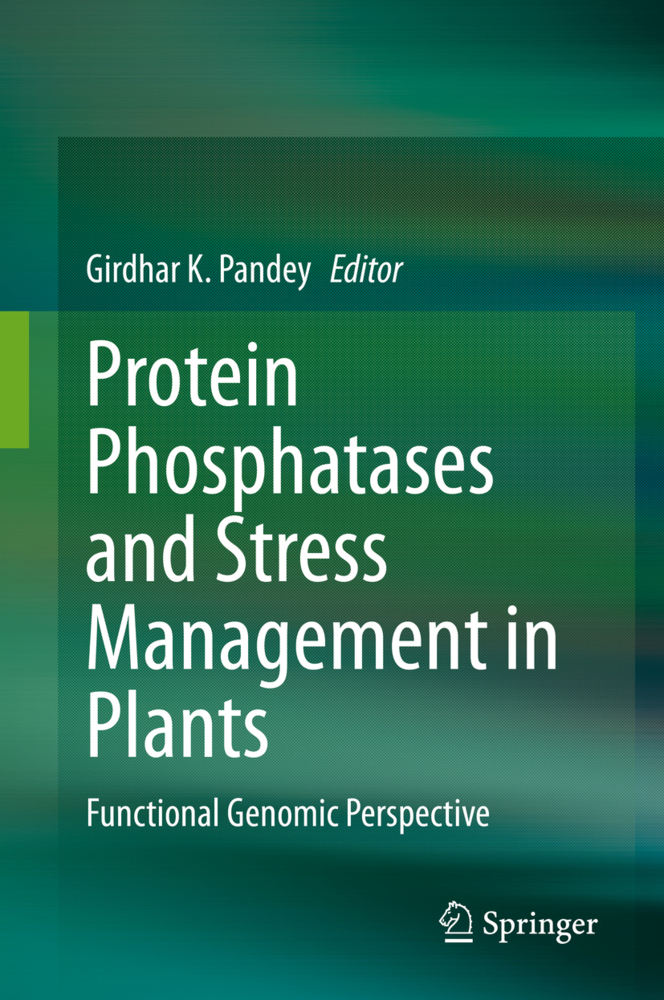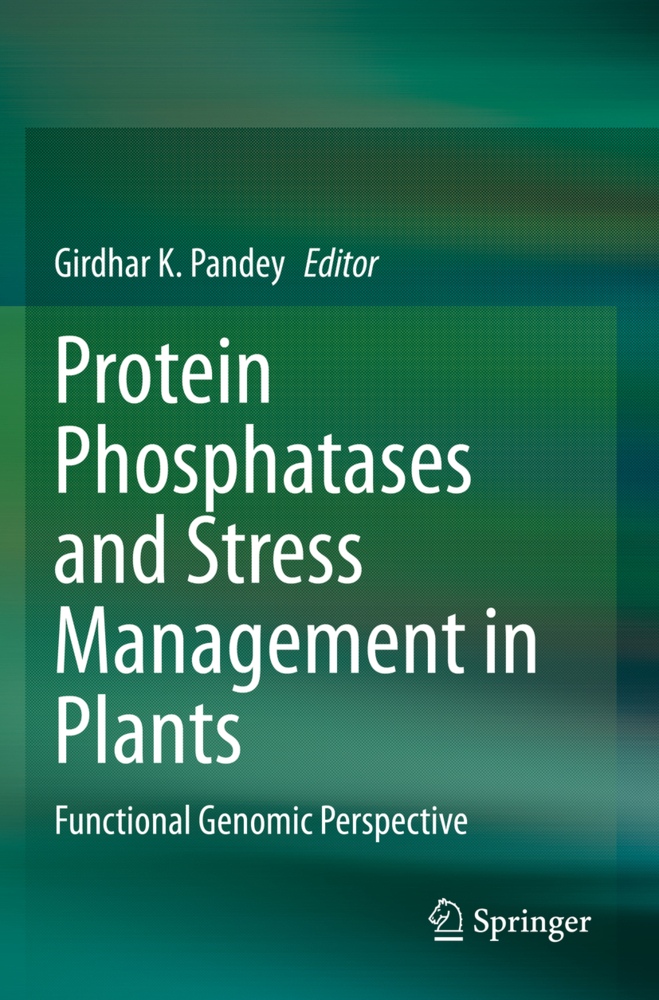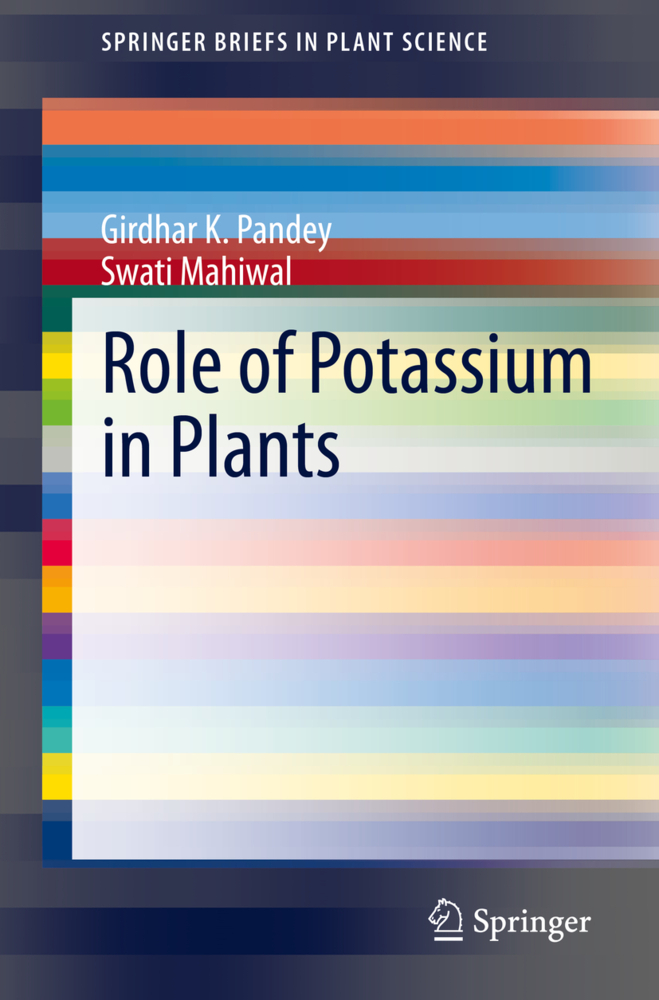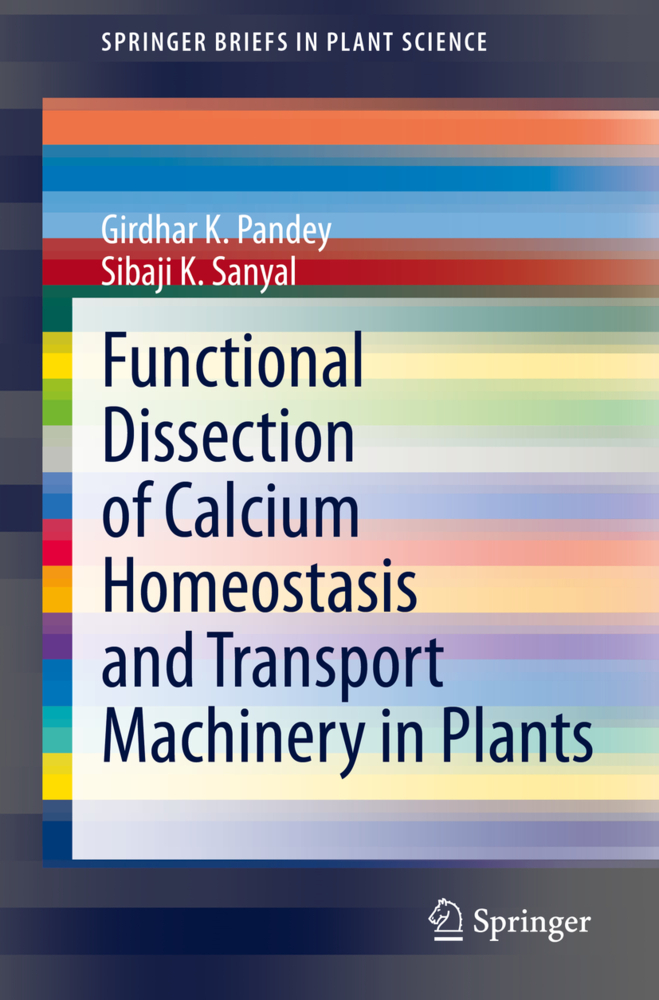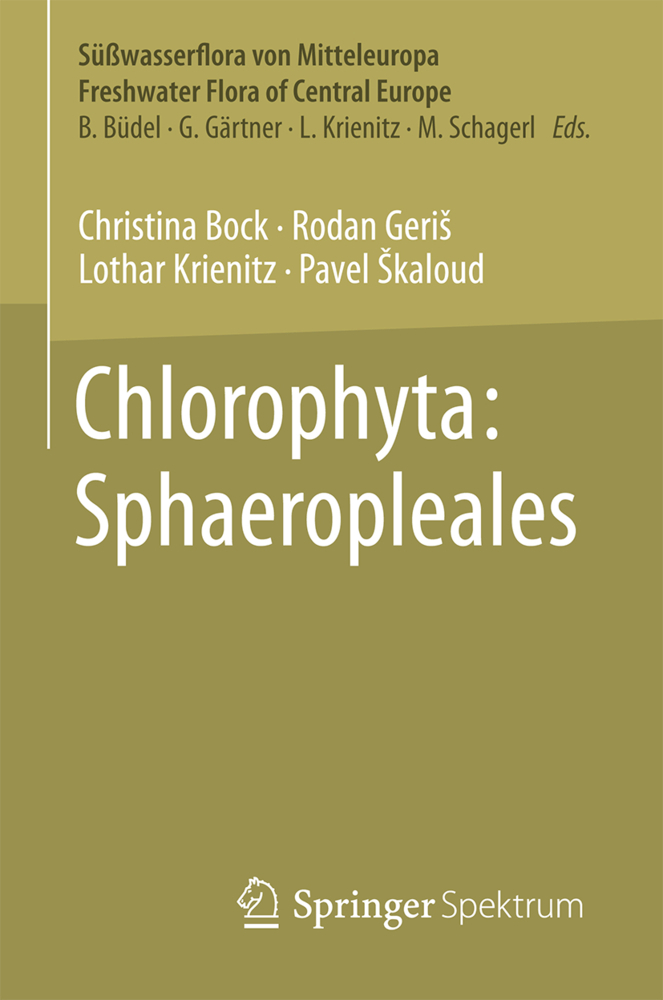Protein Phosphatases and Stress Management in Plants
The regulation of the phosphorylation/dephosphorylation process, resulting in "cellular switches" that monitor normal plant physiology, growth and development, has immense potential in crop systems. With much of the information in the nascent stages, coming largely from Arabidopsis and rice particularly, the use of cell biology, genetic screens, biochemical approaches aided by an omics approach should help unravel the detail functional information available about signaling pathways in plants. The regulation could be exploited to develop crop varieties better equipped to handle changing environments and enhance agricultural productivity.
In the post-genomic era, one of the major challenges is investigation and understanding of multiple genes and gene families regulating a particular physiological and developmental aspect of plant life cycle. One of the important physiological processes is regulation of stress response, which leads to adaptationor adjustment in response to adverse stimuli. With the holistic understanding of the signaling pathways involving phosphatases, one gene family or multiple genes or gene families, plant biologist can lay a foundation for designing and generating future crops, which can withstand the higher degree of environmental stresses. Especially abiotic stresses, which are the major cause of crop loss throughout the world without losing crop yield and productivity.
This book incorporates the contributions from leading plant biologists in the field of stress-mediated dephosphorylation by phosphatases as an important task to elucidate the aspects of stress signaling by functional genomic approaches.
1. SLP1 and SLP2: Ancient Chloroplast and Mitochondrial Protein Phosphatases.- 2. Phosphoprotein Phosphatase Function of Secreted Purple Acid Phosphatases.- 3. Purple Acid Phosphatases (PAPs): Molecular Regulation and Diverse Physiological roles in Plants.- 4. Role of serine/threonine phosphatase PP2A class and its regulators in salinity stress tolerance in plants.- 5. TYPE 2C PROTEIN PHOSPHATASES IN PLANT SIGNALING PATHWAYS UNDER ABIOTIC STRESS.- 6. Plant Protein Phosphatase 2C: Critical Negative Regulator of ABA Signaling.- 7. Protein phosphatases at the interface of sugar and hormone signaling pathways to balance growth and stress responses in plants.- 8. Protein Phosphatases in Guard Cells: Key Role in Stomatal Closure and Opening.- 9. Deciphering the roles of protein phosphatases in the regulation of salt-induced signaling responses in plants.- 10. Phosphatases -the critical regulator of abiotic stress tolerance in plants.- 11. Role of protein phosphatases in signaling, potassium transport, and abiotic stress responses.- 12. Protein phosphatases in N response and NUE in crops.- 13. Protein phosphatases of cereals and millets: Identification, structural organization and their involvement in regulation of abiotic stresses.- 14. Interlay of Protein Phosphatases with Cytoskeleton Signaling in Response to Stress Factors in Plants.- 15. Protein Phosphatase mediated responses in plant host-pathogen interactions
16. Role of dual specificity phosphatase in stress and starch metabolism.- 17. Protein Tyrosine Phosphatases: Implications in regulation of stress responses in plants.Pandey, Girdhar K.
| ISBN | 978-3-030-48732-4 |
|---|---|
| Artikelnummer | 9783030487324 |
| Medientyp | Buch |
| Copyrightjahr | 2020 |
| Verlag | Springer, Berlin |
| Umfang | XIV, 387 Seiten |
| Abbildungen | XIV, 387 p. 51 illus., 49 illus. in color. |
| Sprache | Englisch |

